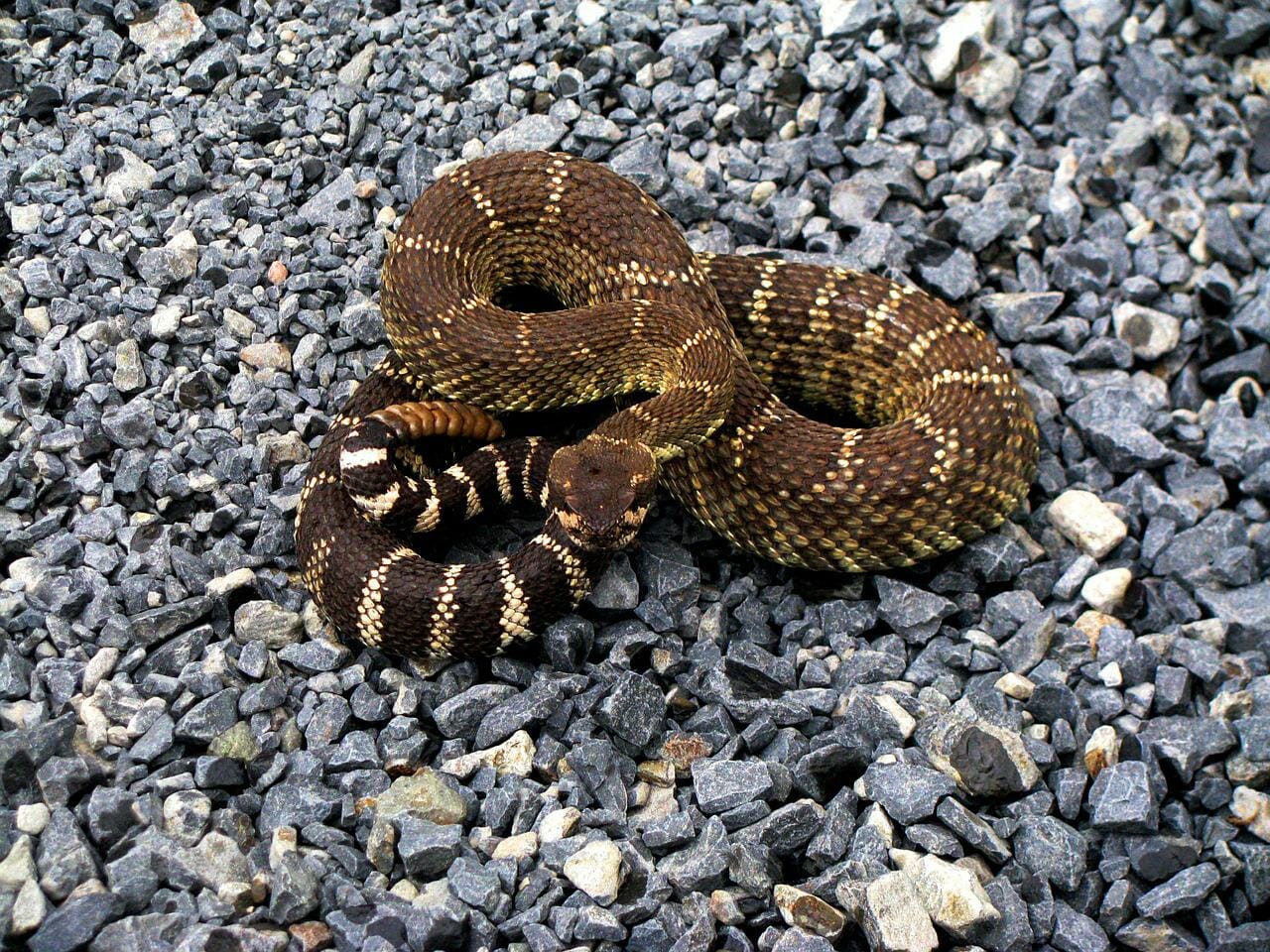As temperatures start to rise and more people go outside to hike in Arizona’s desert areas, rattlesnake encounters increase along the way.
Allison Shilling was recently hospitalized at Banner – University Medical Center Phoenix after her encounter with a desert serpent; she was bitten on the ankle. The 23-year-old, originally from Washington, was hiking for the first time in a while and did not realize the dangers of encountering a rattlesnake. Shilling spoke about her ordeal saying that people need to be careful if they plan on doing outdoor activities such as hiking.
READ ALSO: Here’s where most Arizona rattlesnake removals take place
“I actually didn’t even know that they (rattlesnakes) were poisonous,” said Shilling. “I didn’t realize that it was such a dangerous bite.”
Banner Health Toxicologist Dr. Meghan Spyres said if you are bitten by a snake, don’t delay care. She said it’s important you get to the nearest hospital or call 9-1-1. People who have had rattlesnake encounters and been bitten can also contact the Banner Poison and Drug Information Center and can talk with a medical expert for further instruction. Treatments for envenomation include antivenin treatment and elevation of the area (i.e., leg, foot, etc.) to aid with swelling.
Additionally, Dr. Spyres said if you are bitten to avoid self-treatment of wounds with venom extracting devices or by sucking out the venom. Tourniquets are also not recommended, as they can restrict blood flow and cause further complications.
In 2021, the Banner Poison and Drug Information Center assisted with 80 cases of people being bitten by rattlesnakes in Maricopa County. Most of those were treated at Banner – University Medical Center Phoenix.




